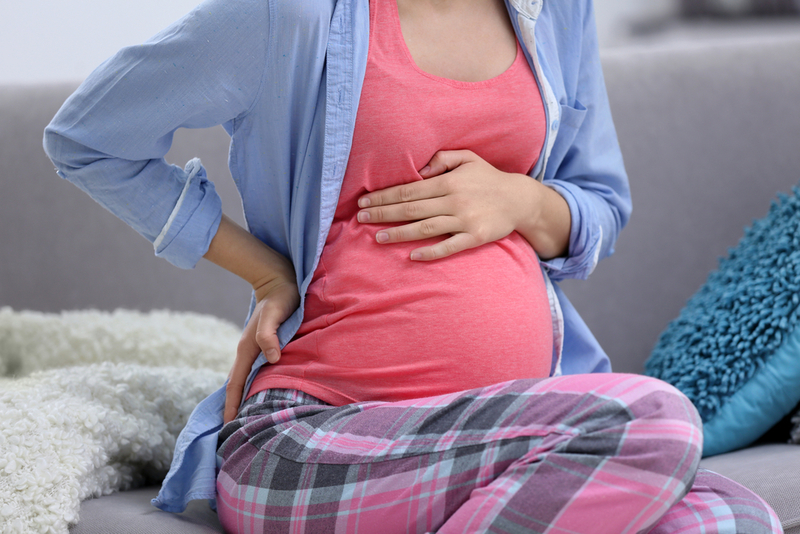Impaired liver function during pregnancy increases obesity risk in children: Study
ANI Nov 12, 2019
Impaired liver function in pregnant women may increase the risk of obesity in children by altering their gut bacteria, says a recent study.
 The finding of the study has been presented at The Society for Endocrinology Annual Conference. In a rodent of a model of the most common liver disease in pregnancy, the composition of gut bacteria in offspring was altered and liver function impaired, particularly when they were fed a Western-style, high-fat diet. These findings suggest that children at risk should maintain a healthy diet and that interventions to alter gut bacteria may help reduce childhood obesity rates in the future. The most common liver disease in pregnancy, intrahepatic cholestasis (ICP), reduces the release of digestive fluid bile from the liver causing bile acids to build up in the blood, impairing liver function, causing severe itching for the mother and increasing risks of stillbirth and preterm birth for the baby.
The finding of the study has been presented at The Society for Endocrinology Annual Conference. In a rodent of a model of the most common liver disease in pregnancy, the composition of gut bacteria in offspring was altered and liver function impaired, particularly when they were fed a Western-style, high-fat diet. These findings suggest that children at risk should maintain a healthy diet and that interventions to alter gut bacteria may help reduce childhood obesity rates in the future. The most common liver disease in pregnancy, intrahepatic cholestasis (ICP), reduces the release of digestive fluid bile from the liver causing bile acids to build up in the blood, impairing liver function, causing severe itching for the mother and increasing risks of stillbirth and preterm birth for the baby.
Previous studies suggest that children of women with ICP are more likely to develop childhood obesity. Growing evidence suggests the importance of the gut microbiome for good metabolic health and that altered composition can lead to impaired metabolism and weight gain. No previous studies have investigated the effects of ICP during pregnancy on the gut microbiome of either mothers or their children. Understanding how ICP may lead to obesity in children could help prevent the risk of developing this serious and life-limiting condition.
Dr Caroline Ovadia from King's College London and colleagues investigated how gut microbiota are affected in the offspring of a mouse model of ICP. The results reported that the offspring had a different gut microbiome composition and liver function, particularly when fed a high-fat diet, which could contribute to impaired metabolism and increase the risk of obesity. "These findings further suggest that health during pregnancy can have long-term health effects on children, and in this case how gut microbiome alterations may increase the risk of obesity in children on a Western-style, high-fat diet," commented Dr Ovadia.
The results suggest that mice born to mothers with ICP, or other liver diseases, may benefit from maintaining a healthy diet and should avoid fatty foods. These findings also suggest that targeting microbiome composition with treatment strategies in pregnant women, such as using pre-biotics or pro-biotics, could help prevent the risk of child obesity. "Understanding changes in the composition of the gut microbiome and their effects may provide new ways of diagnosing patients at particular risk of obesity before it occurs. We could then develop personalised medicine and target appropriate treatments to alter gut bacteria accordingly," Dr Ovadia added.
-
Exclusive Write-ups & Webinars by KOLs
-
Daily Quiz by specialty
-
Paid Market Research Surveys
-
Case discussions, News & Journals' summaries